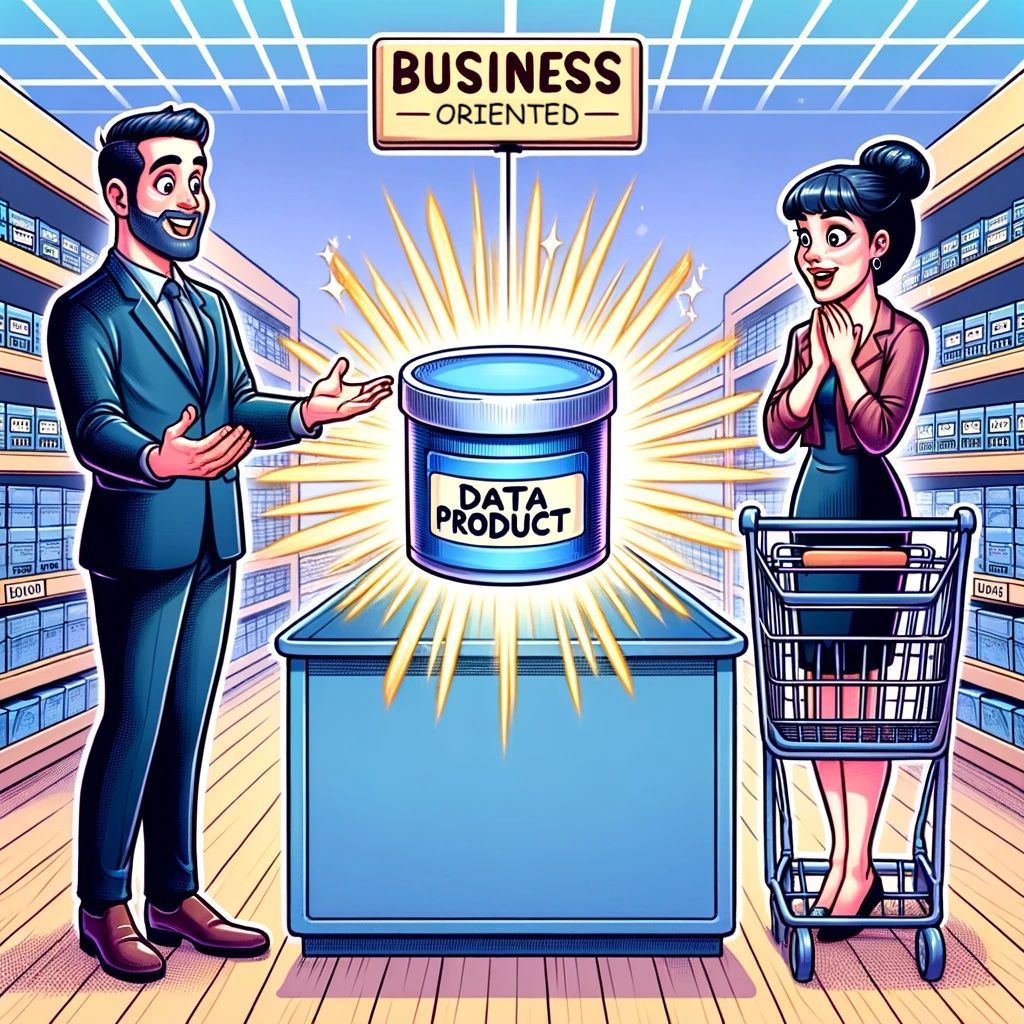Transition your data team from order takers to value generators through a shift in mindset to improve business value for consumers in the output.
In today’s data-driven landscape, the concept of a “data product” is changing how organizations approach analytics. But what exactly is a data product, and why is thinking about analytics as a product so beneficial?
A data product can be any analytics solution or system that leverages data to solve a problem or provide value in a scalable, repeatable manner. Unlike traditional analytics, which might be a one-off report or insight, a data product is designed with the end-user in mind, focusing on usability, accessibility, and delivering continuous value.
Why Think of Analytics as a Product?
🙋♂️ 1. User-Centric Design: By treating analytics solutions as products, we prioritize the needs and experiences of the end-users. This shift encourages the creation of more intuitive, accessible, and impactful analytics tools.
📈 2. Scalability & Sustainability: Data products are built to scale, offering solutions that grow with your organization’s needs. This ensures that your analytics can keep pace with your business, providing long-term value.
🤝 3. Enhanced Collaboration: Viewing analytics through a product lens fosters better collaboration between teams. Data scientists, product managers, and business stakeholders work closely to ensure the data product meets business objectives and user needs.
💪 4. Continuous Improvement: Like any product, data products are subject to iterations and improvements. This mindset ensures that analytics solutions evolve based on user feedback and changing business landscapes, maintaining relevance and effectiveness.
💰 5. Revenue Generation: Data products can also open new revenue streams. By packaging and selling data-driven insights or services, businesses can unlock new opportunities for growth.
Embracing the concept of data products can significantly enhance the value and impact of analytics within an organization. By focusing on the user experience, scalability, and continuous improvement, businesses can transform their data into powerful tools that drive decision-making and innovation.
Data Products



